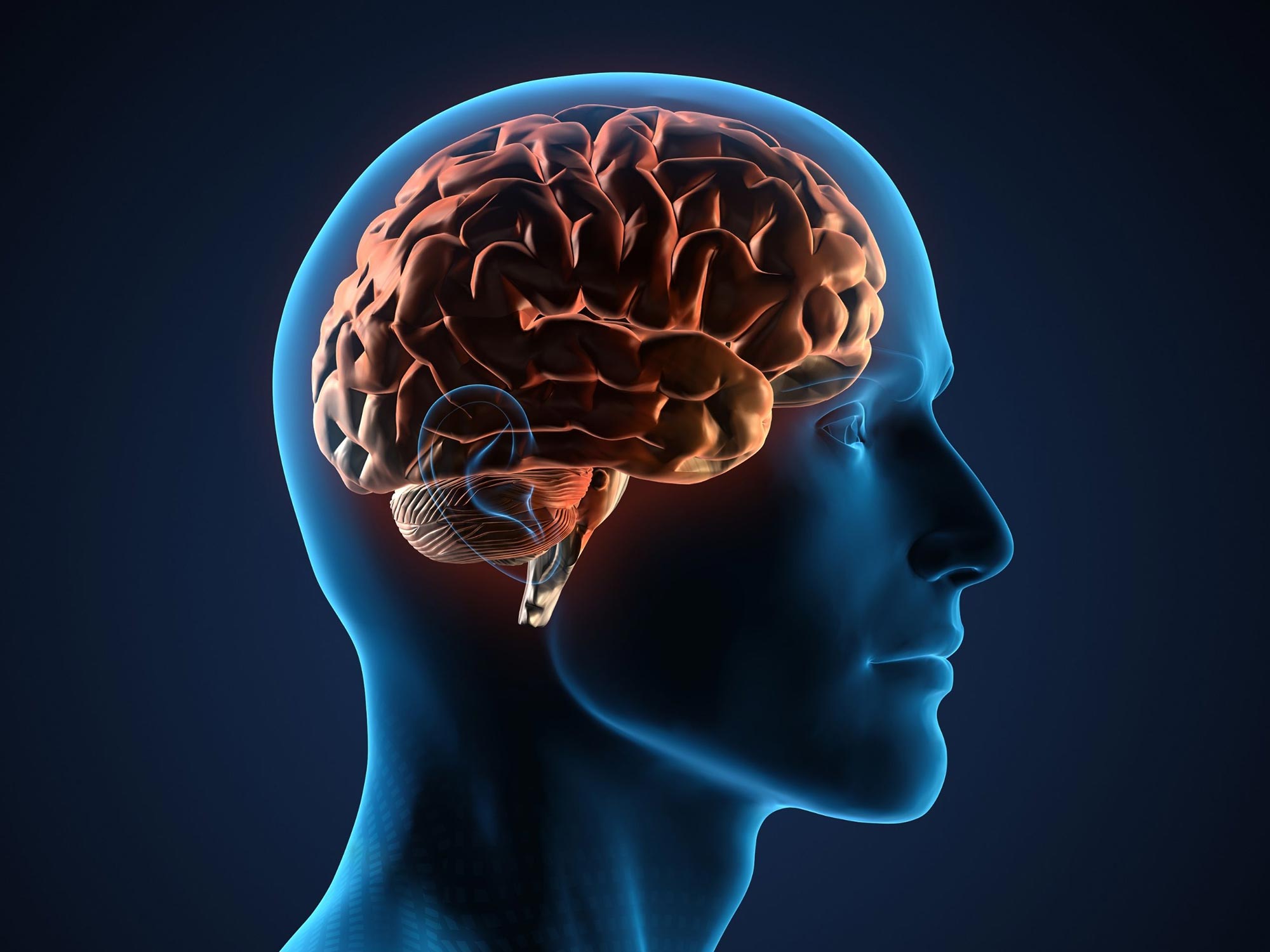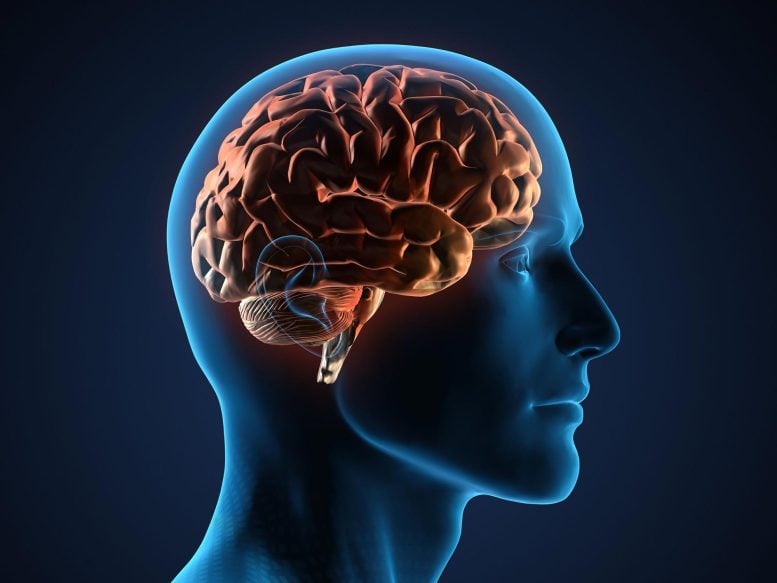

Research from the College of Medicine provides promising insights into delaying the progression of Alzheimer’s disease for several years after the initial diagnosis.
A recent study by researchers at Texas A&M University College of Medicine suggests that a new therapy could potentially slow the progression of Alzheimer’s disease by several years. Published in the Journal of Extracellular Vesicles, the research focuses on developing treatment options for Alzheimer’s, the most prevalent form of dementia and a leading cause of death among people aged 65 and older, affecting nearly 7 million Americans.
Utilizing a nasal spray to non-invasively target cells perpetuating chronic neuroinflammation, researchers found decreased inflammation in the brain and a reduction in the build-up of plaques and proteins thought to be linked to the progressive loss of neurons in the brain, characteristic of Alzheimer’s.
“This approach is effective because the cargo carried by these extracellular vesicles could reduce the neuropathological changes in the brain,” says Ashok K. Shetty, Ph.D., a University Distinguished Professor and associate director at the Institute for Regenerative Medicine in the Department of Cell Biology and Genetics.
Early Testing in Animal Models
Shetty, collaborator Madhu LN, Ph.D., and their colleagues, administered the nasal spray treatment to an animal model in the early stages of Alzheimer’s. Compounding their promising results, researchers also found that microglia, immune cells within the brain, incorporated the intranasally administered neural stem cell-derived extracellular vesicles.

In Alzheimer’s, microglia activate to cause inflammation and clear Alzheimer’s-related plaques from the brain. This initially helpful function becomes problematic over time, Shetty says. “Prolonged activation causes them to lose their normal function and begin to harm neurons, leading to progressive neuron loss.”
Findings indicate that an intake of neural stem cell-derived extracellular vesicles significantly changed microglia gene expression and reduced the multiple harmful proinflammatory proteins without affecting the microglia’s ability to continue clearing the protein buildup related to Alzheimer’s, Madhu says.
Shetty has filed a patent on the intranasal application of neural stem cell-derived extracellular vesicles for treating Alzheimer’s and other neurological disorders. He says the research conducted in his lab — funded by the National Institute on Aging — already has inspired further studies, and he hopes successful research could point toward treatment delaying Alzheimer’s-related changes and severe cognitive issues by 10 to 15 years after initial diagnosis. “Our journey to advance the application of this therapy for Alzheimer’s disease is just beginning,” he says.
Reference: “Extracellular vesicles from human-induced pluripotent stem cell-derived neural stem cells alleviate proinflammatory cascades within disease-associated microglia in Alzheimer’s disease” by Leelavathi N. Madhu, Maheedhar Kodali, Raghavendra Upadhya, Shama Rao, Yogish Somayaji, Sahithi Attaluri, Bing Shuai, Maha Kirmani, Shreyan Gupta, Nathaniel Maness, Xiaolan Rao, James J. Cai and Ashok K. Shetty, 5 November 2024, Journal of Extracellular Vesicles.
DOI: 10.1002/jev2.12519
The study was funded by the National Institute on Aging.

